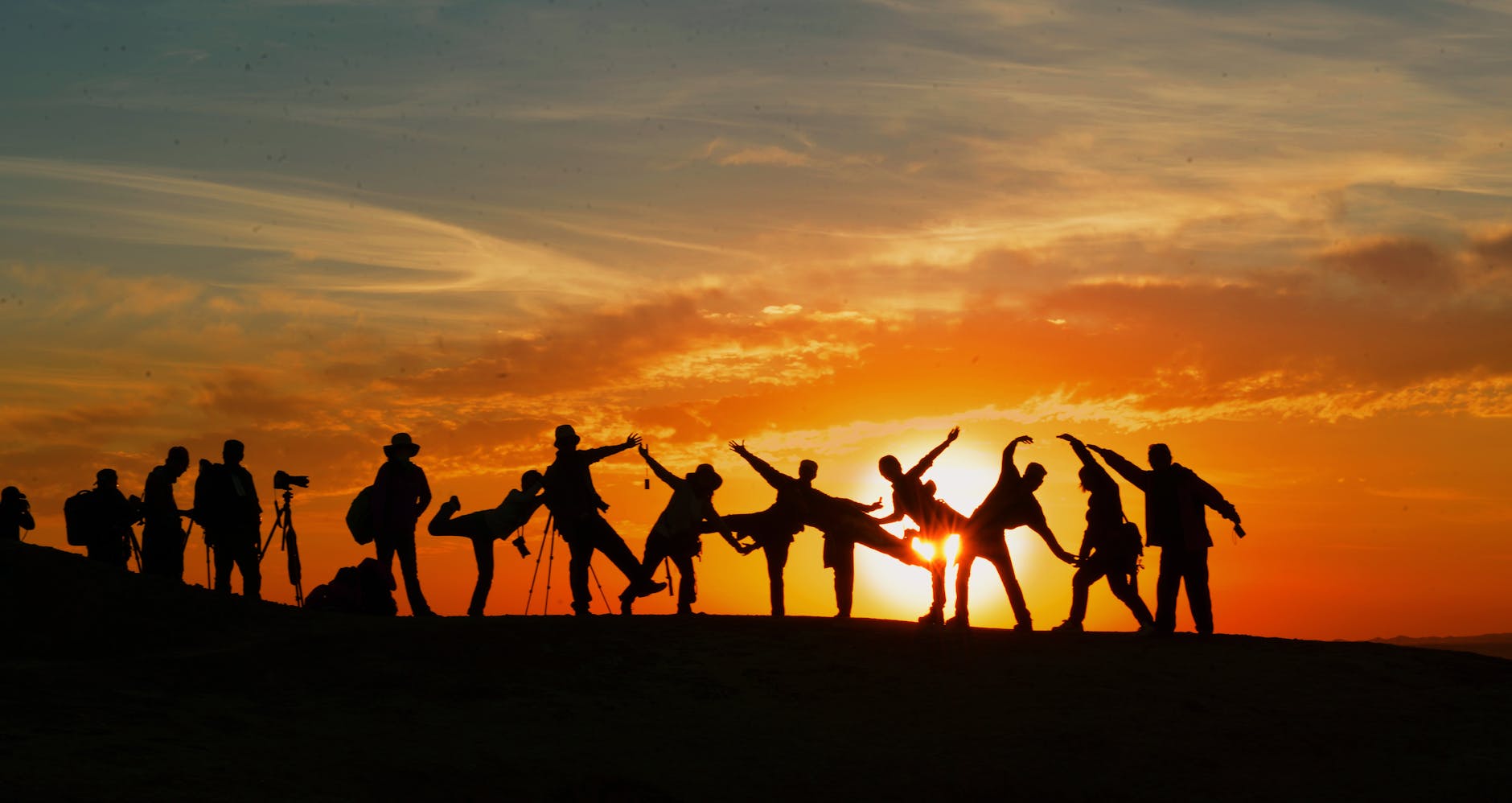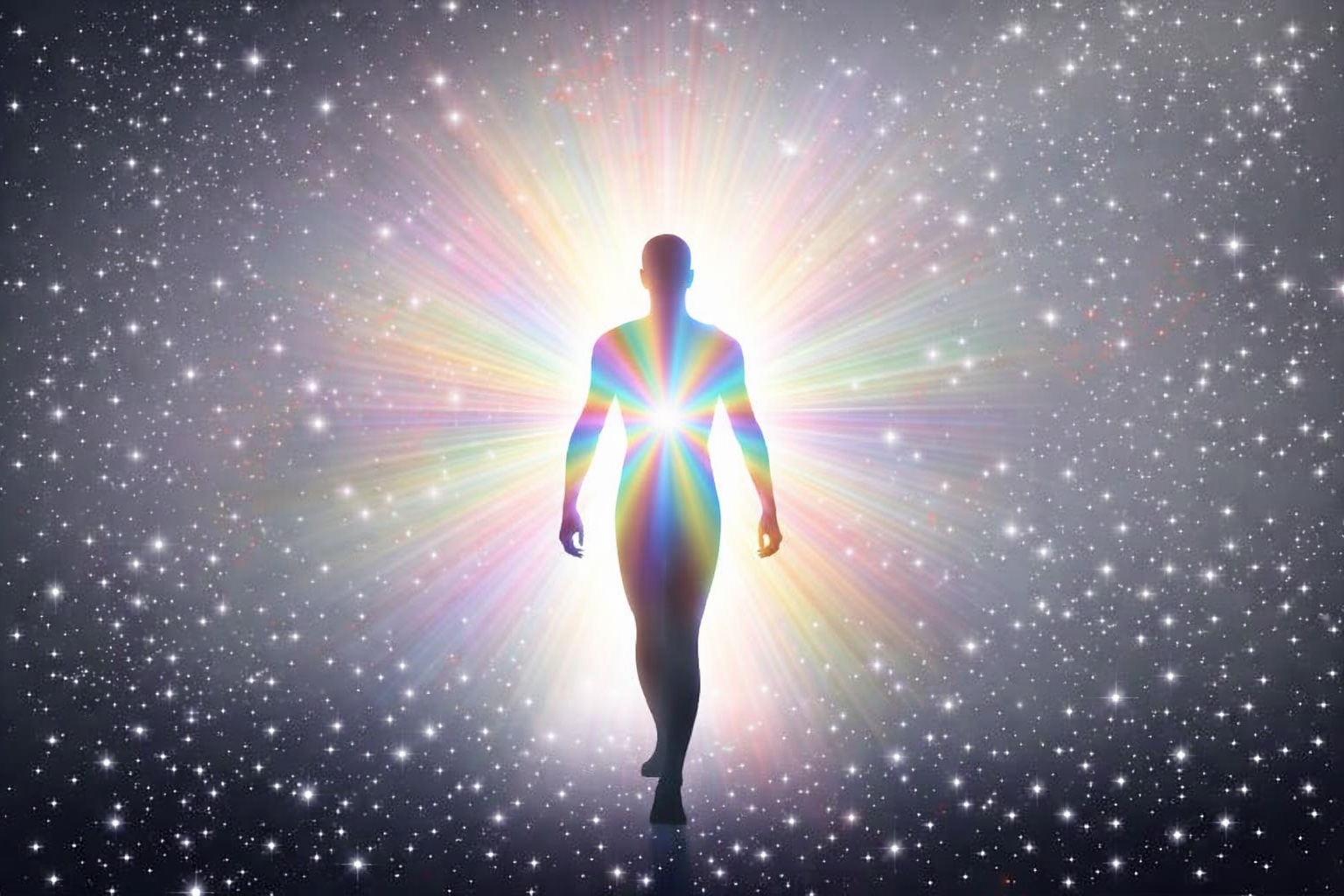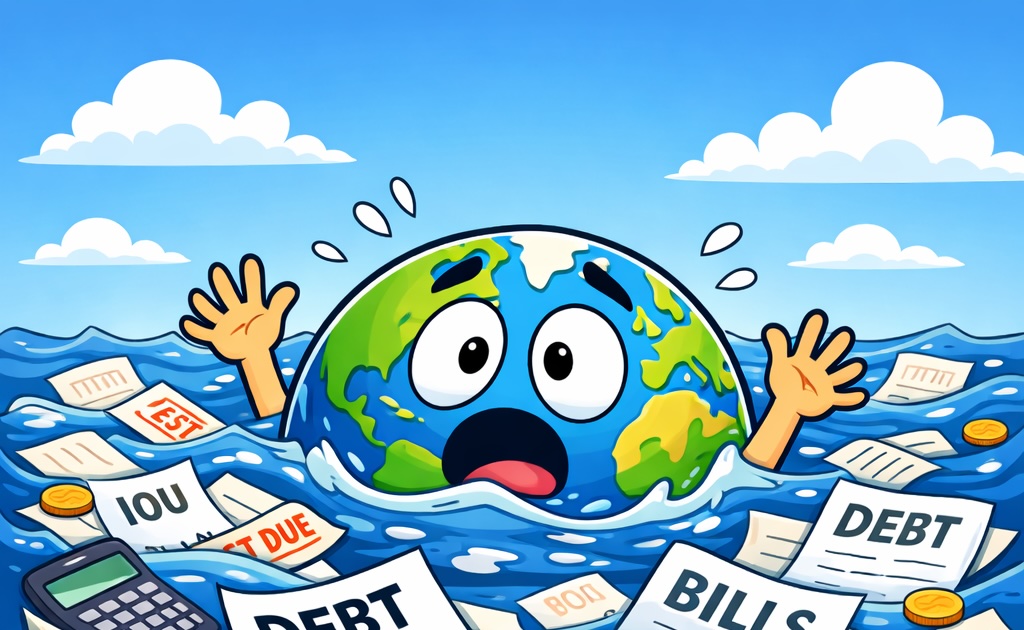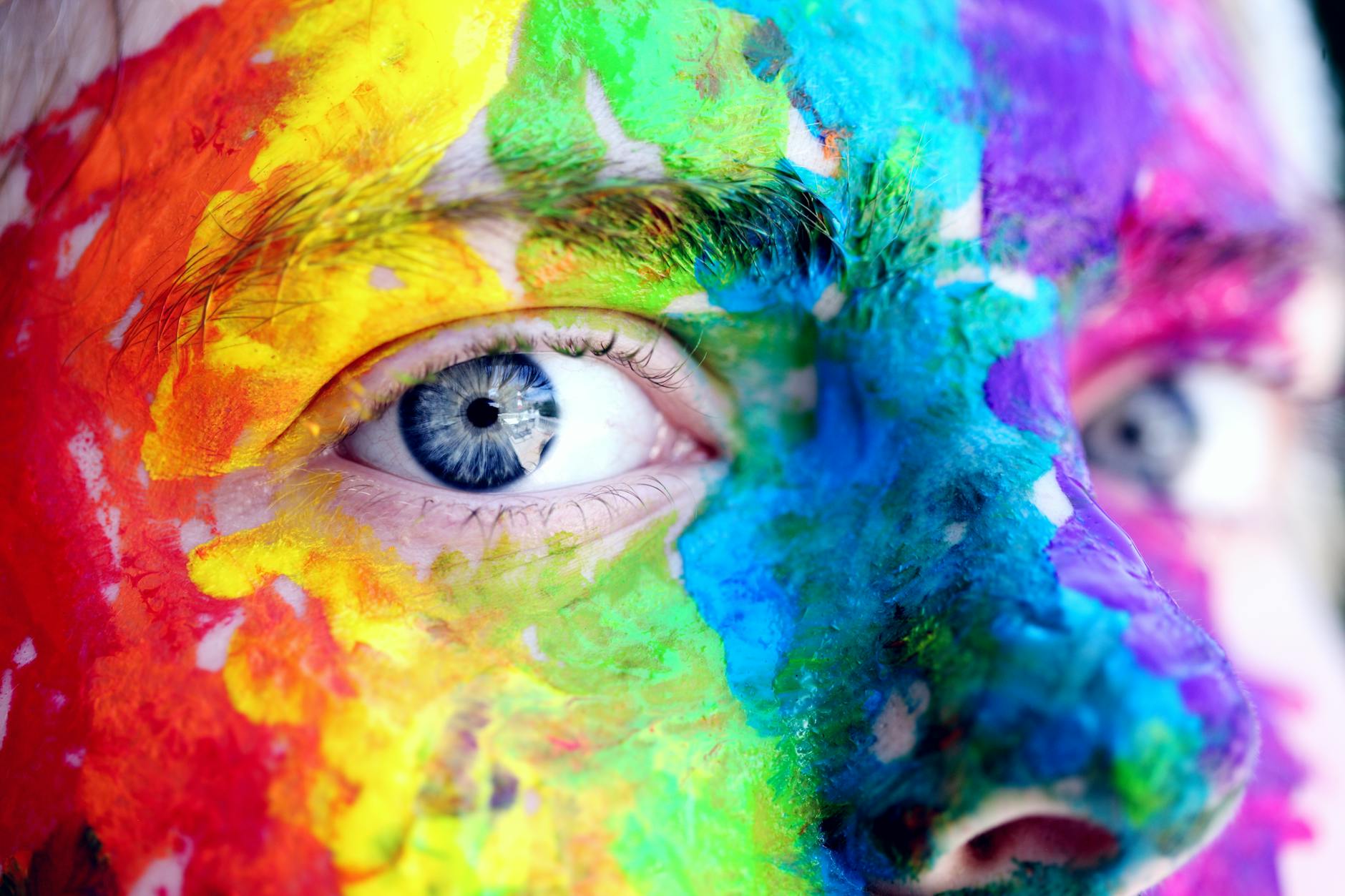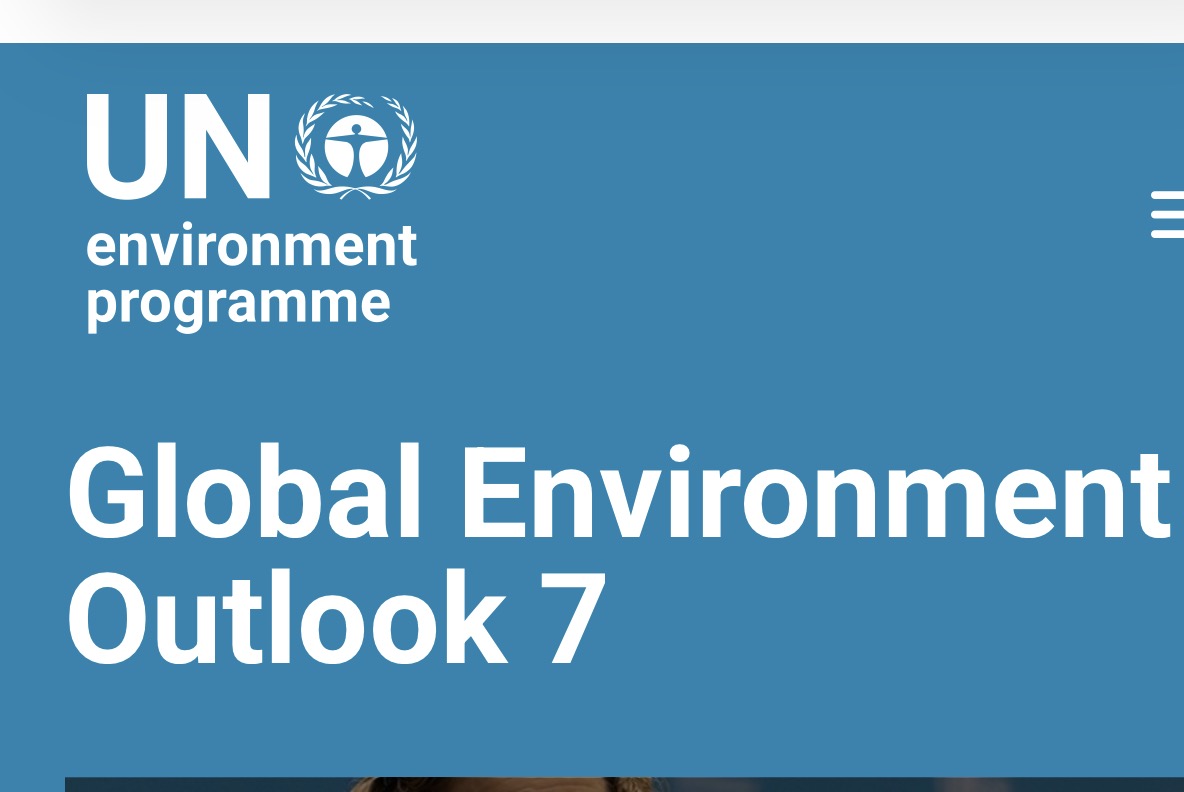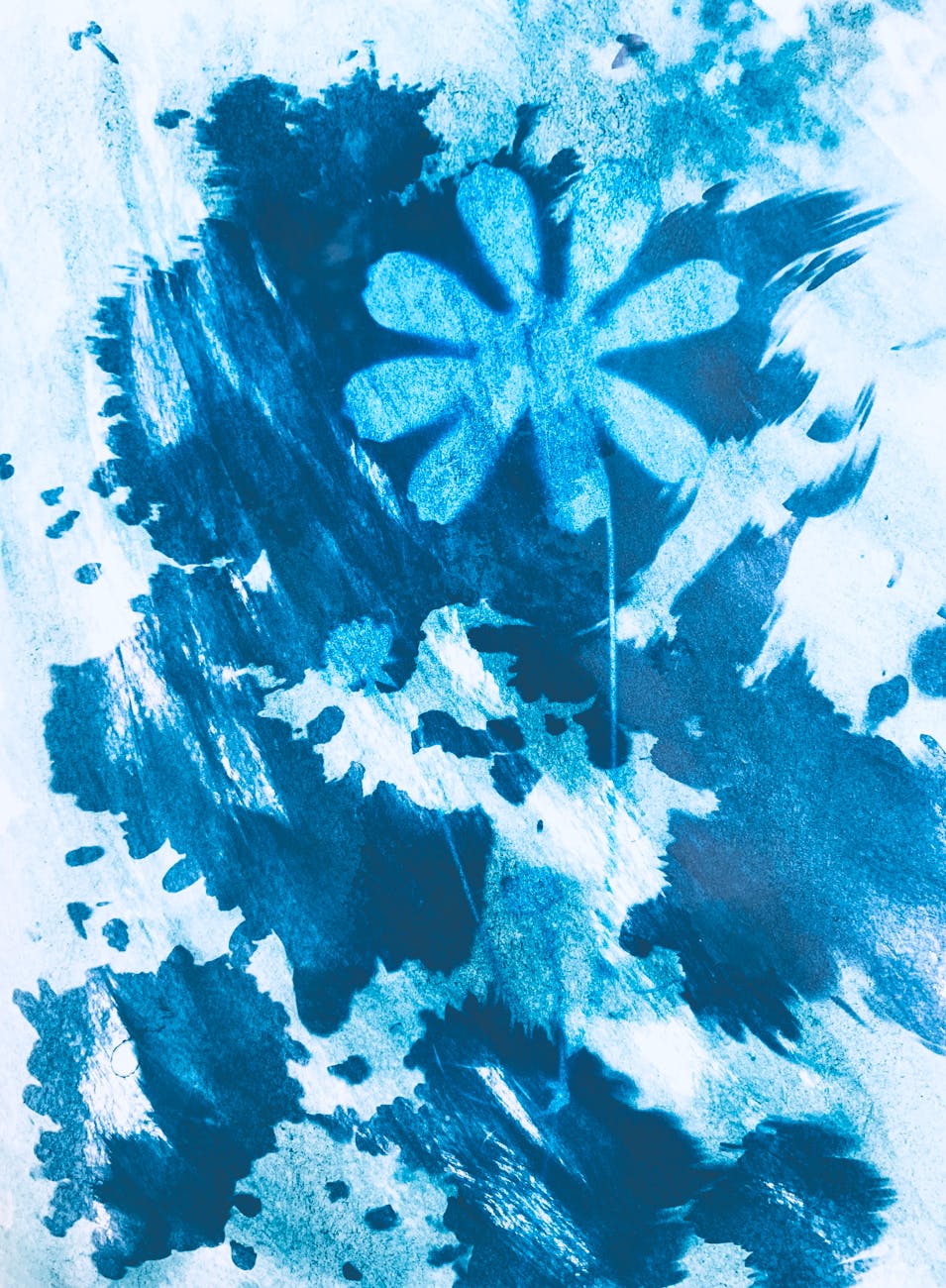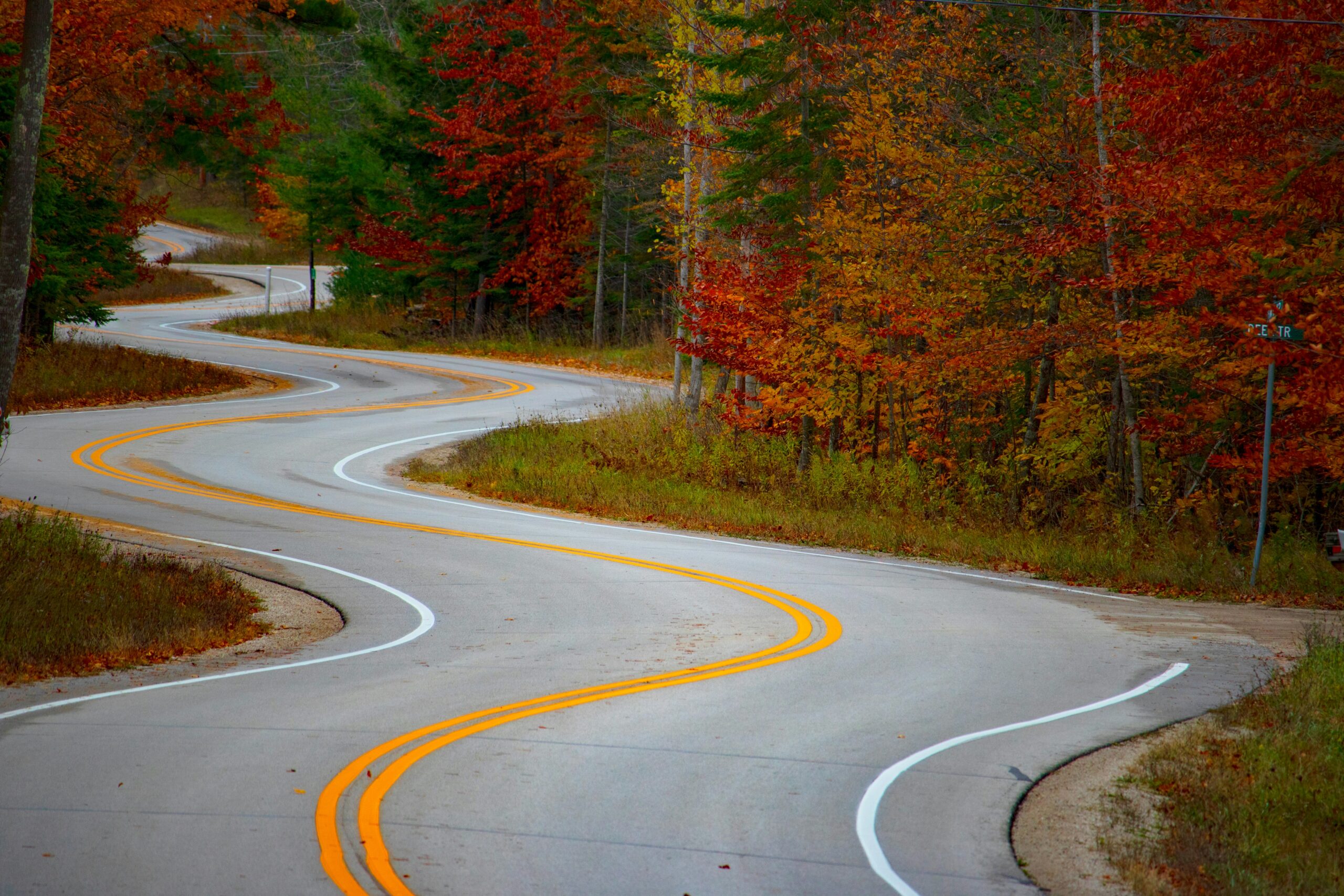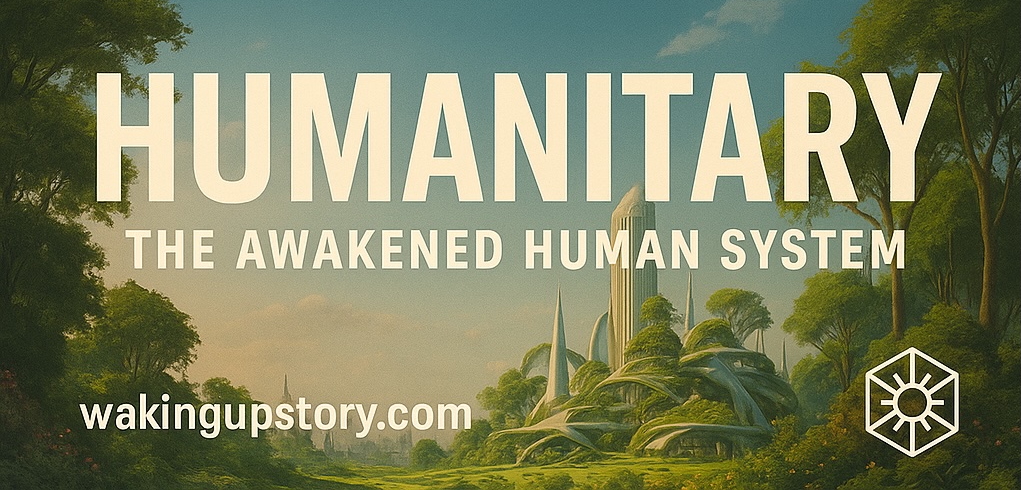For centuries, humanity has sensed that history does not move in straight lines, but in long, slow waves. Cultures rise and fall, belief systems crystallize and dissolve, and every so often a deeper shift occurs — one that is felt long before it is understood.
Astrologers have long described these great transitions as ages, each lasting more than two thousand years, shaped by the slow precession of the equinoxes. Whether one takes astrology symbolically or literally, the language of the ages has proven remarkably accurate in describing humanity’s inner development.
From Pisces to Aquarius
The Age of Pisces, which began around the dawn of the Christian era, was defined by faith, sacrifice, hierarchy, and authority. It was an age of belief — belief in God, belief in institutions, belief in systems that promised salvation or order if people obeyed.
Pisces gave us compassion, art, devotion, and spiritual depth. But it also gave us rigid power structures, religious conflict, and a world organized around obedience and fear. Over time, these systems hardened. What began as guidance became control.
The Age of Aquarius emerges as a response to this imbalance.
Aquarius is not about belief, but about knowing. Not about religion and hierarchy, but about science and networks. Not about obedience, but participation. Its core themes are understanding, cooperation, transparency, science, technology, and — above all — humanity seen as a single interconnected whole.
A Long Transition
There is no single moment when the Age of Aquarius “starts.” Cultural ages overlap. Old systems do not disappear overnight; they erode while new ones quietly take root.
Many point to early signals as far back as the Enlightenment. Others see the Industrial Revolution, the rise of electricity, global communication, civil rights movements, space exploration, and the internet as unmistakable Aquarian markers.
In this sense, we have been entering the Age of Aquarius for generations.
And yet, only now do its implications become unavoidable.
The Crisis That Forces Awakening
Every age change is turbulent. When the old worldview no longer fits reality, crises multiply. Today, humanity faces a convergence of breakdowns:
• ecological overshoot
• climate disruption
• economic inequality
• mental health collapse
• technological power without ethical coherence
These are not isolated problems. They are symptoms of a worldview that has reached its limits.
Aquarius does not promise comfort. It demands maturity.
It asks humanity to move from competition to cooperation, from ownership to stewardship, from artificial scarcity to shared abundance.
A New Question for Humanity
The core Aquarian question is not:
Who is right?
but:
What works — for everyone and for the planet?
This is a radical shift. It dissolves ideological battles and replaces them with systemic thinking. It reframes economics, governance, technology, and even identity itself.
It is here that storytelling becomes essential.
For some of us, this recognition has personal roots. I was born in 1966 and grew up with the cultural echo of the musical Hair — especially the song Aquarius. Long before I could articulate systems or futures, those words carried a simple, disarming intuition: harmony, understanding, sympathy, trust. As the song goes:
Harmony and understanding
Sympathy and trust abounding
That early emotional imprint never left. It shaped a lifelong sensitivity toward humanity itself — a stubborn wish that we might see one another not as rivals or enemies, but as companions sharing the same fragile world. When stories touch that place, they don’t persuade; they remind.
No more falsehoods or derisions
Golden living dreams of visions
Mystic crystal revelation
And the mind’s true liberation, Aquarius
Aquarius
Why Stories Matter in Times of Transition
Facts alone do not change civilizations. Stories do.
Humanity learns through narrative — through imagined futures that allow us to emotionally rehearse what does not yet exist. In earlier ages, myths explained the cosmos. Today, speculative stories explore what kind of society we might become.
This is where Waking Up – A Journey Towards a New Dawn for Humanity finds its place.
The novel does not argue. It does not preach. It simply asks:
What if humanity grew up and outgrew money, war, and artificial scarcity — and built a world organized around cooperation, intelligence, and care for life itself?
It presents the Age of Aquarius not as ideology, but as lived reality.
The Age of Aquarius as a Direction, Not a Destination
The most important misunderstanding about the Age of Aquarius is the belief that it will arrive fully formed.
It won’t.
It will be built — patiently, imperfectly — by people who sense that another way is possible, and who are willing to imagine it before it exists.
Every conversation that replaces fear with understanding.
Every system redesigned for inclusion instead of control.
Every story that reminds us we are one human family.
These are not side notes of history.
They are how ages change.
A Quiet Dawn
The dawning of the Age of Aquarius is not announced with trumpets.
It arrives quietly — in ideas that refuse to go away, in values that feel self-evident to new generations, in the growing discomfort with systems that no longer make sense.
And perhaps most of all, it arrives in a simple, radical longing:
That we might stop seeing one another as enemies — and begin, at last, to see ourselves as partners.
⸻
Call to Action
If this vision resonates with you — if you sense that humanity is standing at the threshold of a new way of living — Waking Up – A Journey Towards a New Dawn for Humanity offers a story that explores that future from the inside.
Not as fantasy. Not as doctrine.
But as an invitation and inspiration.
Are you one of those who sense that another way is possible?
Are you willing to imagine it before it exists?
If so:
Read the book. Share the idea. Be part of the dawn.

